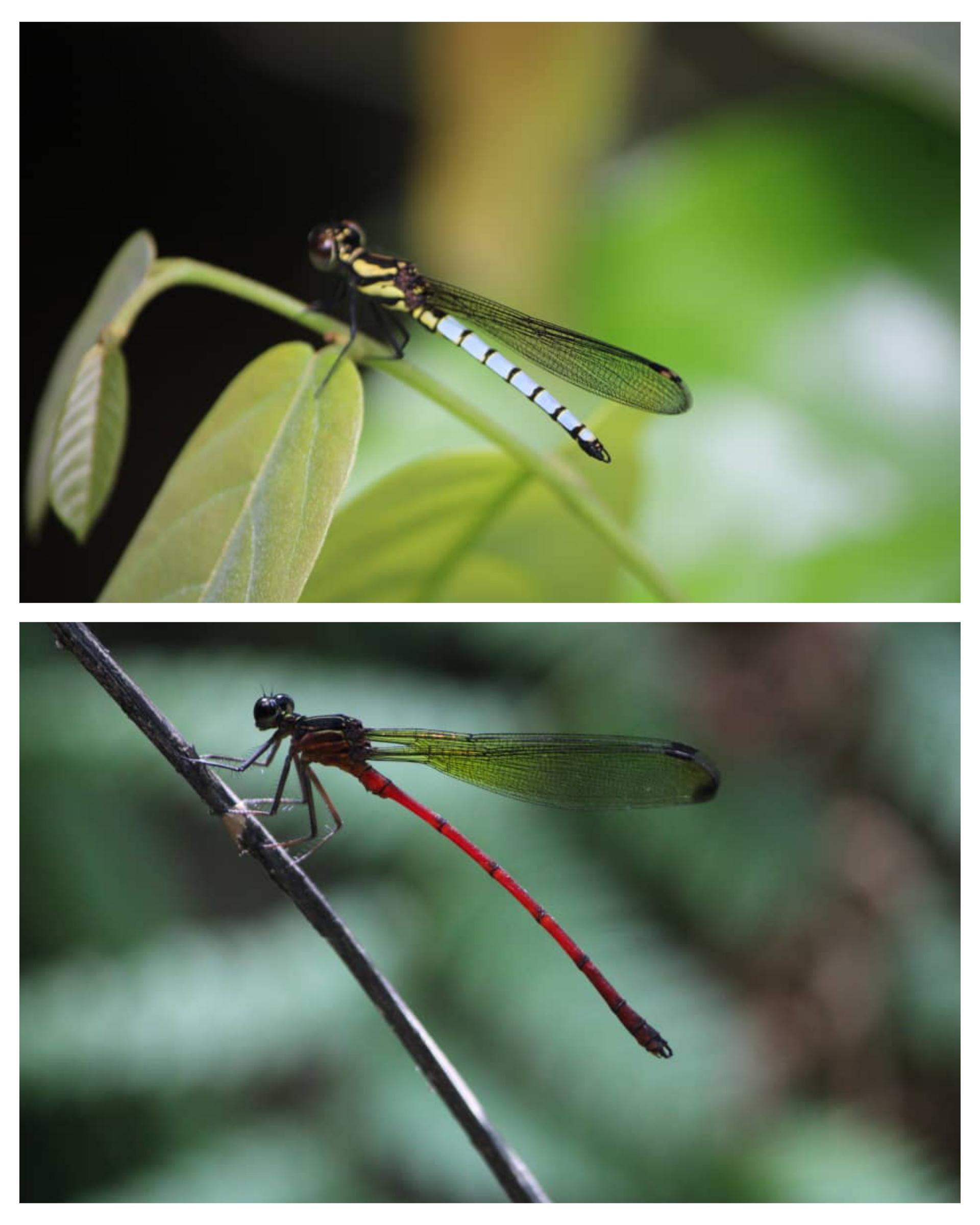Ecophilic Scientific Research and Innovations Limited (ESRIL), a conservation NGO has called on stakeholders to make concrete efforts to protect the Obudu Mountain range ecosystem to prevent threatened wildlife from going into extinction.
The Obudu Plateau situated in the Obanliku Local Government Area of Cross River State and sharing an international boundary between Nigeria and Cameroon is home to diverse plant and animal species and through human-induced habitat degradation, wildlife is threatened with risk of extinction, as vulnerable, endangered and critically endangered species are located there.
According to an ESRIL research scientist and doctoral student of Obafemi Awolowo University, Ile-Ife, Mr. Abiodun Matthew Adedapo, the team has worked in the area in the last year, observing the trends in livelihoods. Human activities such as bush burning, water pollution, logging, water blockade, and hunting have put the ecosystem at great risk.”There are up to six threatened species of odonates (dragonflies and damselflies) found around the Obudu Cattle Ranch from our findings. The area is also a hotspot for endemic and threatened birds according to reports from Ornithologists”, Abiodun mentioned.
“Because the area is where ecotourism meets open grazing and rural settlements, the forests and streams harboring these species face a lot of threats from human pressures (such as bush burning, water pollution, logging, water blockage etc.) and these in turn affect most of the species, causing continuous decline in their populations.”
The ESRIL team spokesperson maintained that the management of the Obudu resort needs to take into cognisance the conservative efforts of concerned groups to prevent a total degradation of the ecosystem.
“As the CIBA Hospitality Ltd. and Marriot International have taken over the management of the resort, and we are currently observing some key renovations and signs of better ecotourism in the next couple of months, and it is important to begin to emphasize the role of the Obudu Montane Ecosystem in conserving endemic and threatened species.
“As the new management considers inclusiveness of the Becheve rural settlements on the resort, they should also consider recommendations for the conservation of important sites supporting many threatened species around the resort.
“There are a few existing protected areas on the ranch, such as Leventis Foundation’s Becheve Nature Reserve, a community-based initiative managed by the Nigerian Conservation Foundation (NCF), which we have discovered to support a critically endangered and two endangered damselfly species from our research projects.
“We have also identified some more unprotected sites such as the Igaga Waterfalls and the Monkey Face View Valley, harbouring many of these threatened species, which calls for the designation of these sites as community-protected areas. Hence, we call on all stakeholders to look into the conservation aspects of the Obudu Montane Ecosystem, a very important aspect that greatly supports the ecotourism benefits derived from the Obudu Plateau.”
He listed that some of the species that have been affected include Gamble’s Flatwing (Neurolestes nigeriensis), Banded Jewel (Africocypha centripunctata) and the Red Relic (Pentaphlebia stahli).
“A second species of the relict genus is the critically endangered Obudu Relic, Pentaphlebia gamblesi, which was last seen in 1973. In this project, we have obtained genetic samples of clues to the presence of the species from other streams in Obudu which we will analyze to determine if the species is still extant. We have confirmed it to be locally extinct from the particular stretch of water (Grotto in Obudu Cattle Ranch), where it was first discovered in 1973.”
“All the species can only be found around the highlands bordering Nigeria and Cameroon and nowhere else in the world. Their range continues to reduce due to pressures from human activities.
“As Nigeria and Cameroon have signed an agreement to foster transboundary ecosystem conservation and sustainable management of forestry and wildlife resources, regular monitoring of species endemic to the borders of the two countries should be an integral part of all conservation action plans”, the ESRIL Secretary asserted.
The conservation project on the threatened damselflies is funded by the Rufford Foundation, and co-funded by the Mohammed bin Zayed Species Conservation Fund, with equipment support from IdeaWild.


